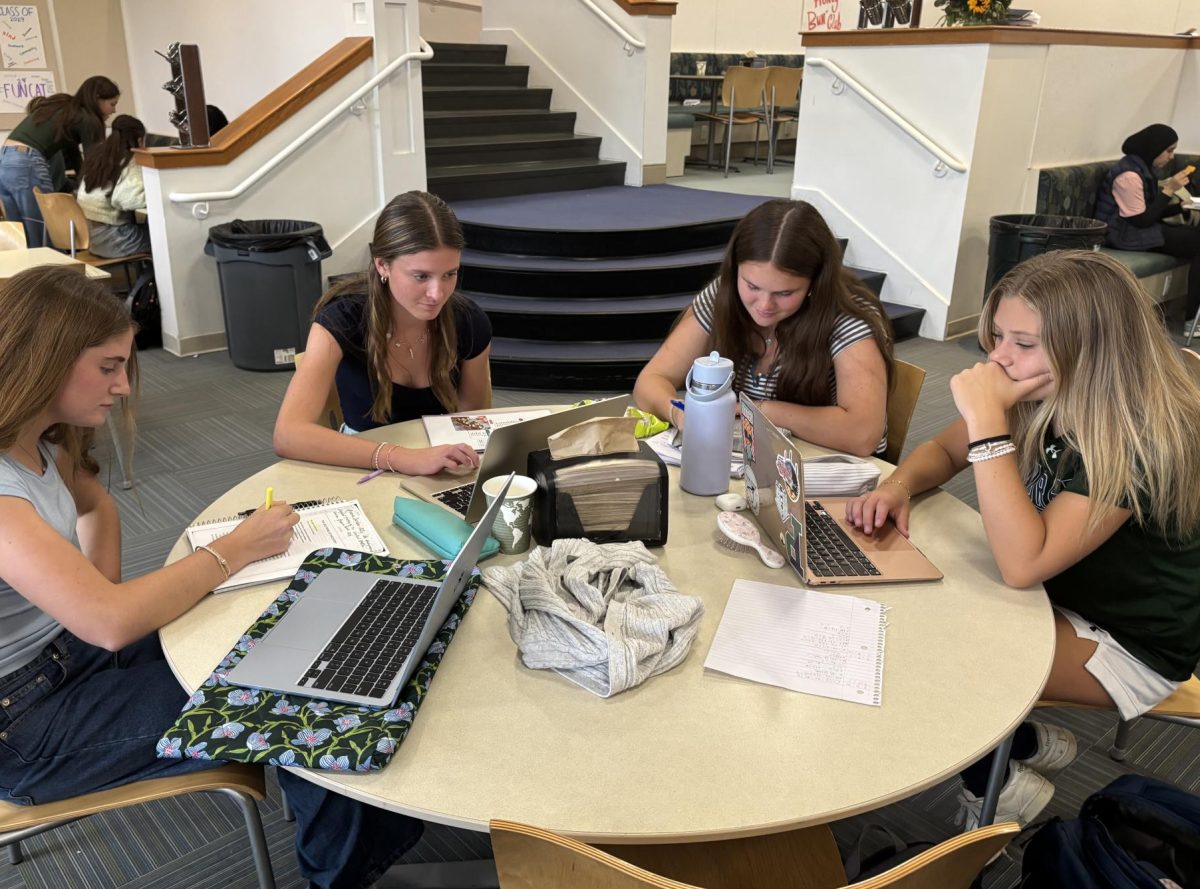In the polarized landscape of American politics, Democrats and Republicans go to great lengths to avoid appearing sympathetic to each other’s causes. Yet, amidst the ongoing discourse over reproductive rights and abortion laws, adoption emerges as a rare point of shared consensus.
Two years since the overturning of the landmark decision Roe v. Wade, as reproductive rights face escalating scrutiny, adoption is thrown around by politicians as a band-aid solution to the contentious debate surrounding abortion rights.
Adoptees, however, offer a distinct perspective on this issue.
“When we don’t center adoptees’ voices in these conversations, we’re losing a segment of the population that is inherently the result of policy violence around reproductive rights, caregiving, and family systems,” says Nicole Eigbrett in a recent interview conducted and published through PrismReports. Eigbrett, a Chinese adoptee, has found her calling in fostering multiracial grassroots leadership centered on social change to advance toward collective liberation. She is also a member of the adoption abolitionist community. Her experiences echo fellow adoptee frustrations in how adoptee voices are overlooked within the landscape of partisan politics, despite being the tangible outcome of policymakers’ push for “less abortion, more adoption,” as U.S. Rep. Dan Crenshaw tweeted in 2022. Here is what adoptees want the greater public to know about adoption and adoptee experiences.
The narratives surrounding adoption focus on uplifting stories of found families, reflecting what some call choice-supporting bias. Choice or confirmation bias is rooted in an individual’s tendency to seek information that reaffirms existing beliefs while discounting contradictory evidence. In adoption politics, the public eye often views adoption as a noble act of rescuing unwanted children from the adoption system.
However, this perspective tends to minimize the trauma and violence inflicted upon adoptive children within the adoption process. To hear from individuals directly affected by the adoption system, Prism Reports published Adoptees Disrupting Adoption Narratives, a series exploring what it means to be adopted and questioning how current adoption practices are rooted in systematic oppression.
What Prism’s editor-at-large, Tina Vasquez reveals through the featuring of five adoptees–Tiffany HyeonBrooks, Mezekerta Tesfay, Nicole Eigbrett, Rachael Murphey, and Rev. T Sheri Dickerson–is that adoption is historically rooted in practices influenced by colonialism, white supremacy, and Christian evangelicalism. This examination exposes the systematic flaws inherent in adoption, which operates as a market dependent on the dissolution of familial ties to establish new ones.
Notably, adoption severs kinship ties between most often brown, Black, or other families of color, resulting in transracial families and domestic and international adoptions. The process is inherently unjust in the power imbalance between birth parents and prospective adoptive parents and it reinforces the narrative of white American exceptionalism, making it easier to tear apart families and assimilate children into white family households.
In her section titled “Adoption as Reproductive Justice,” published in 2018 in Adoption & Culture, Kimberly McKee, a professor at Grand Valley State University, writes about how “adoption is a reproductive technology rooted in the disruption of women of color’s ability to parent”. The system itself, created in part due to a lack of reproductive technology, reproductive rights, and healthcare access, favors the reproductive choices of white women over women of color.
For example, many transracial Chinese adoptees in America are a result of China’s one-child policy. Although this policy was not created nor enforced by the U.S., through international adoption American adoptive parents and the country itself benefit from Communist China’s efforts to control population and economic growth by restricting women’s reproductive rights. The connection between adoption and racism is also evident when examining the historical removal of Black and Indigenous children from their communities.
In all three cases, reproductive autonomy is bypassed by the government in favor of adoption practices, proving a threat to a woman’s right to dictate how, when, and if she so desires to start a family.
In the United States, major adoption issues emerged after the end of World War II. An increase in adoptions and adoption applications for young healthy infants led to a growing mismatch in supply and demand and an increase in racial segregation as a due process within the adoption system.
Burton Z. Sokoloff, a featured author in Princeton University’s biannual academic journal titled, The Future of Children, writes in his article, “Antecedent of American Adoption” about how adoption agencies were concerned about “placing infants of uncertain background,” stating that “infants with known pathology in their background were considered unadoptable.”
As the shortage of same-raced, white, non-disabled babies in America grew, Sokoloff notes that “the number of older children, children of color, and children with physical, mental, and emotional problems who are… waiting to be adopted has increased.” This practice of racial segregation and categorization before adoption perpetuates ideas of colonialism, white supremacy, and white evangelicalism by basing adoption placement on race. Thus, politicians who endorse adoption as a solution to the dismantling of reproductive rights reinforce a system deeply rooted in racism from its inception. Ultimately, adoptees are the ones who pay the cost.
Furthermore, adoption promoted for the sake of dismantling reproductive rights ignores the racialized experiences of children of color who are removed from their native communities and forced to assimilate into another. The process for children is traumatic, leading to issues of abandonment and a lifelong search for identity and community. Within the transracial adoption community, cultural erasure often leaves adoptees feeling lost and with no community or hereditary ties. “Survival required assimilation,” says Nicole Eigbrett in her recent interview with PrismReports and these results have an intergenerational impact as generations of children are distanced from kin, culture, and community.
Kimberly Rooney, one of the featured adoptees in the PrismReports series describes how adoption narratives overlook the racism and microaggressions inflicted upon adoptees of color by outside communities and people who share the same origin, nationalities, or ethnicities.
“It [adoption] denies us the language and narratives in which we can recognize and articulate our own experiences. It minimizes the systemic inequities that tear families apart, the violence of separating a child from their birth family, community, and culture, and the lingering trauma that those children carry into adulthood,” she says in her article titled, “Adoption does not save us.”
In addition, modern adoption practices perpetuate the idea of obligated gratitude, a sentiment challenged by Tiffany HyeonBrooks, who asserts that “gratitude out of obligation isn’t genuine appreciation.” For many transracial adoptees, adoption is perceived not as benevolence but rather as disguised violence. It’s important to recognize that adoptee experiences vary widely and each reserves the right to have positive and negative feelings about their adoption.
In the end, narratives focused solely on gratitude overlook the complexity of adoptee experiences and fail to acknowledge the negative aspects inherent in the adoption system, allowing policymakers to continue to tell one-sided narratives.
Given the increased tendency of politicians to advocate for adoption as an alternative to abortion rights, adoption must remain central to the discussion of reproductive justice issues because the system alone is not a comprehensive solution to restricting reproductive health issues.
Adoptees possess distinct perspectives that shed light on the impact of adoption policies and abortion rights. By prioritizing adoptee narratives, policymakers can better understand the systematic inequality embedded within the adoption system and work towards more equitable solutions that respect the rights of all individuals and acknowledge the harms and benefits imposed upon adoptees specifically.








